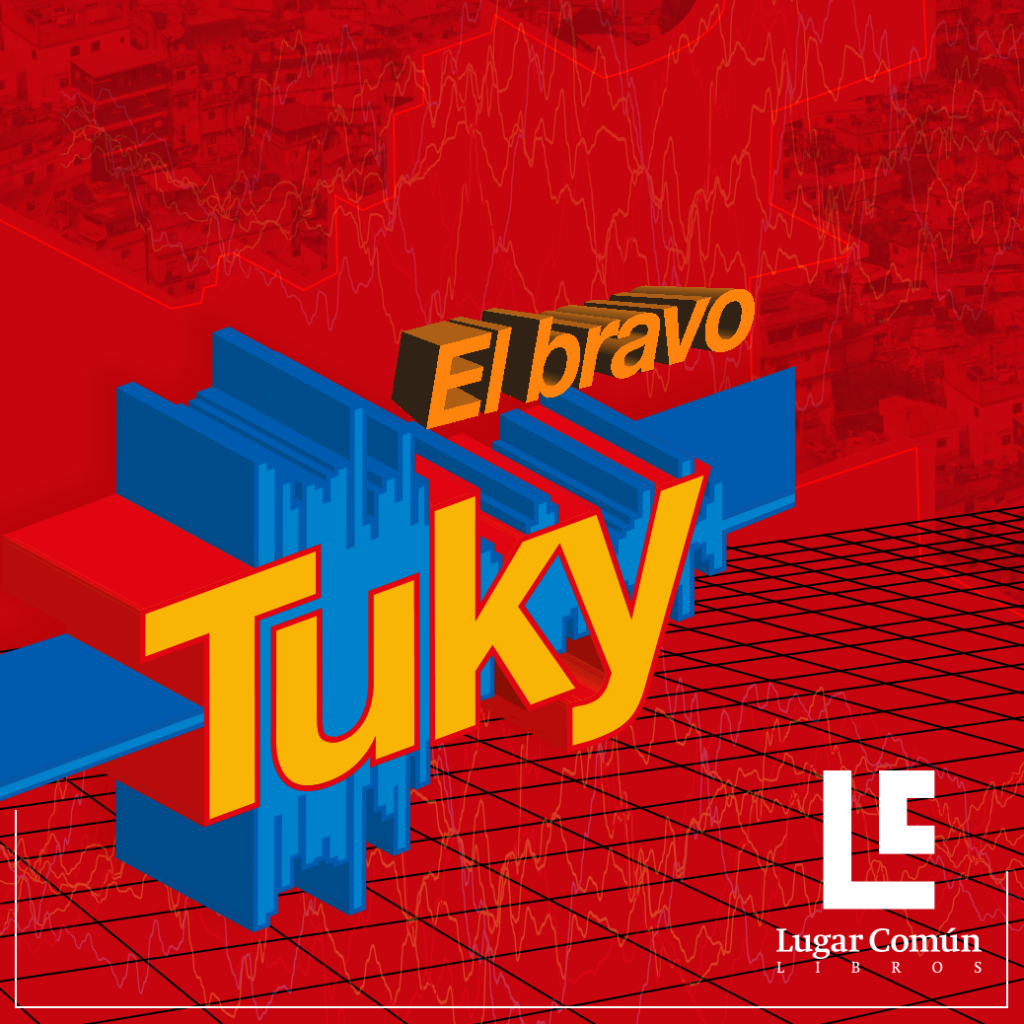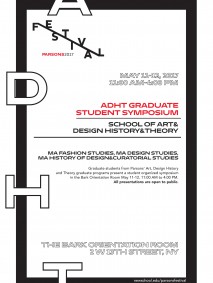
Only in his second semester as a first-year student in our MAFS program, Juan Pedro Camara is already making strides with his research outside of our program, and we couldn’t be more proud. Last month, he published his first book, El Bravo Tuky (Tuky the Brave),” an incredible investigative project he undertook during his undergraduate study in Venezuela. The book, which he co-authored with with a fellow classmate and good friend, is a journalistic and academic investigation that serves as the foundational story of changa tuky. It traces the origins of Venezuela’s electronic music scene, while it evaluates the sociological and cultural implications of this subculture in its different forms and periods. We interviewed Juan Pedro to get the details on why this project was so important to him, and what he’s hoping for next in his endeavors with literature.
When did you begin writing El Bravo Tuky?
This was our undergrad thesis project. We began our research process in October 2011, while exploring possible subjects for our thesis. The actual writing began in March 2012.
When did you decide that this was going to be a book, and not just, say, a paper?
As we were developing our work, we always fantasized about it becoming a book, and I think that made us very aware on the way we were writing. We wanted it to transcend the world of academia. After we finished it, we sent it to the publishing house Lugar Común, and it was immediately picked up. A lot of it had to do with the fact that no one had ever extensively written about the topic.
What made you take up the topic of the book?
It was my partner’s idea. Around that time we were attending some parties of a DJ crew called Abstractor. They were playing and making this music called changa tuky, which we both had heard of, but didn’t really knew much about. He decided to write an article on it for the magazine we both worked for at the time and discovered this incredibly, deep untold story.
What have been some of the challenges with writing the book?
One of the main challenges was that no one had ever really written about it, so we were basically relying on our primary sources, and reaching them was complicated. The phenomenon of changa tuky is tangled in the intricate landscape of Caracas’ poorest and most violent neighborhoods. The city itself is the second (some even say first) most dangerous in the world in terms of homicide rates. Our investigation demanded us to explore the city in boundaries we were completely unfamiliar with, in some of Latin America’s biggest slums. We were the ones narrating this for the first time, and we weren’t clear where to begin. There were (and are), of course, many versions to the same story.

Do you think the topic is something you might incorporate into your thesis? If so, how?
I wrote about it for a course in the Fashion Studies program last semester (Key Concepts) because the issue of style and its meaning within this subculture wasn’t something we fully explored. I will probably keep on doing research about it, especially having in mind further editions in which we could incorporate updates and new chapters. I’m not considering writing my thesis about it, but the skills I gained in the process will definitely be a huge part of it.
What are your hopes for the book after it is released?
We (writers and editors) have great expectations. So far, the public seems to be eager to read this story because it’s something they have vaguely heard about. We want this to be an opportunity for the voice of many people who have been systematically marginalized to be heard.
What is it like to be so young, currently pursuing your masters, and already having a book published?
It seems absolutely surreal. We have been working on it with the publishing house for over a year now, but actually seeing the book printed is an incredible feeling. I am so grateful toward everyone who has contributed to this project, especially my amazing partner and co-writer, who is and will always be one of my greatest inspirations.
Is there any advice you would give to someone currently trying to pursue getting a book published?
I’m not sure if I am in the position of giving advice, but I would strongly suggest everyone to find a topic that moves their guts, something that they feel profoundly compelled about, and writing from that place. Think also about who is going to read it and in what ways your work can change their lives.
Where will it be available for purchase?
It is already available for purchase via email, but it will hit the stores beginning April, all across Venezuela. For now, anyone who is interested in purchasing it in other countries can contact the publishing house at
libroslugarcomun@gmail.com.
Learn more about tuky culture in the video below:




